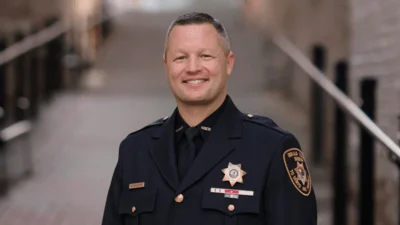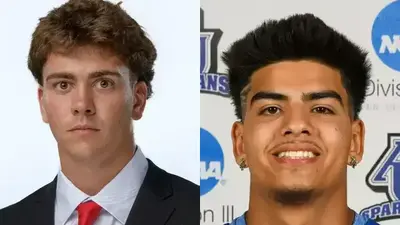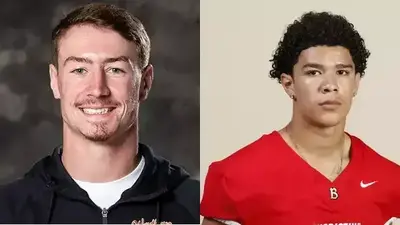A career in the public sector is about meeting the dynamic needs of Illinois’ diverse populations. University of Illinois Extension’s Illini Science Policy Program (ISPP) matches advanced-degree graduates from University of Illinois at Urbana-Champaign with state agencies and legislative offices to pursue policy solutions affecting Extension’s focus issue areas of food, economy, environment, community, and health.
ISPP Scholars fully engage in the work of their host office, receive support through mentoring, training, and networking events, and establish professional connections across multiple agencies and stakeholders.
"The Illini Science Policy Program gives Illinois graduates an immediate opportunity to experience the intersection between public service and public policy,” says Evangeline S. Pianfetti, ISPP program director. “Scholars see the innovative role that public sector professionals play in critical areas such as food, health, environment, and education, especially for our most vulnerable communities here in Illinois."
Pianfetti says that the vision of this program is to help build the next generation of public service and public policy leaders while addressing the needs of Illinois’ communities.
Illinois Extension is excited to name seven Illinois graduates as the third class of Illini Science Policy Scholars.
The 2023 Illini Science Policy Program Scholars are:
- Maria C. Anderson (Ph.D Education Policy, Organization, and Leadership) with host Illinois Board of Higher Education
- Alicia L. Ross (ABD, Education Policy, Organization, and Leadership) with host Illinois Department of Commerce and Economic Opportunity
- Yu Tian (Master of Urbana Planning and Civil Engineering) with host Illinois Department of Innovation and Technology
- Oluwaseun Ojo (Master of Law) with host Illinois Department of Agriculture
- Oluwakemi Adeyemi (Master of Law) with host Illinois Legislative Black Caucus and Black Caucus Foundation
- Elizabeth Guiterrez (MS Nutritional Sciences) with host Illinois Legislative Latino Caucus and Latino Caucus Foundation
- Sirabo Petrobas Wafula (Master of Law) with host Office of the Lieutenant Governor
The Scholars will gain insight into what it means to work in public service, with the help of mentors within their host offices and Illinois Extension. Ginger Ostro, executive director at IBHE, says that working with ISP Scholars advances IBHE’s equity-driven priorities while helping to prepare these graduates with the skills and knowledge to tackle real-life issues.
The training, experiences, and significant professional contributions that result from these partnerships prepare scholars for advanced leadership roles in state agencies and legislative offices that are vital for supporting underserved or underrepresented populations.
"This program helps to keep the best and brightest in Illinois by making critical connections between academia and government to pursue mission-driven public service," says Lt. Governor Juliana Stratton.
Forming these relationships with partner agencies keeps an open pathway between campus innovations and their practical applications throughout the state. Jerry Costello, IDOA director, says that IDOA’s connection to these highly motivated leaders gives his agency pioneering insight into planning, designing, and implementing innovative solutions to address the agricultural industry's pressing challenges and improving the agency’s effectiveness.
The Illini Science Policy Program is supported by University of Illinois’ Office of the Provost Investment for Growth Program and Office of Government Relations, participating host offices, and PepsiCo.
"As part of our Racial Equality Journey, PepsiCo is committed to investing in robust pipelines for diverse talent to empower people of color and create more equitable economic conditions for all,” says Kenny Thompson, PepsiCo’s vice president of external affairs. “We are proud to support the great work of the Illini Science Policy Program, which, in partnership with the legislative leadership in Illinois, brings opportunities to young Black and Hispanic scholars and equips them to solve the challenges facing local communities through well-crafted public policy."
Original source can be found here.






 Alerts Sign-up
Alerts Sign-up